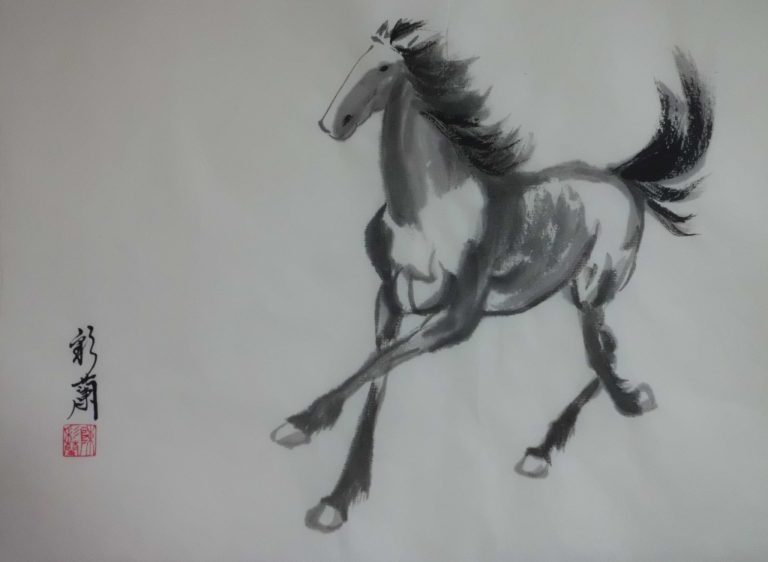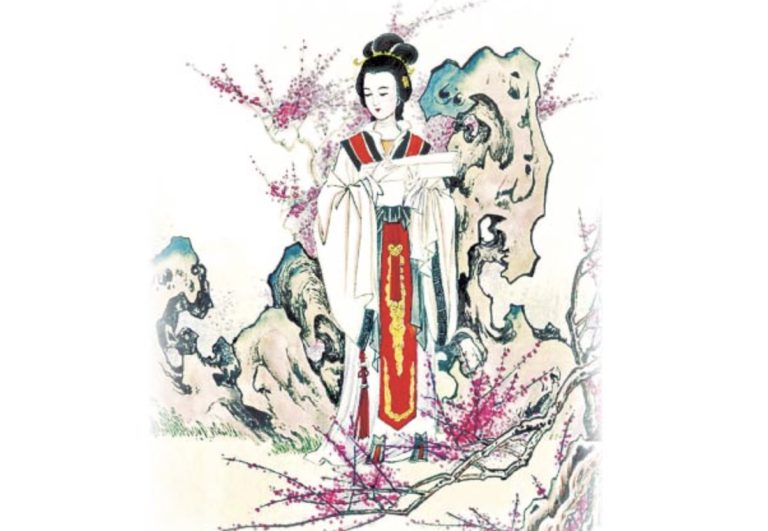Traditional Chinese philosophy draws heavily from Daoist thought. In an ancient Daoist book, Huainan Zi (淮南子), there is a famous story about “blessings” and “misfortune.”
During the Warring States period (戰國時代 481-405 BC), there was an old man living near the edge of the Great Wall of China. His name, Sai Weng, told much about him, as it meant “a man living at the nation’s border.”
Sai Weng had many horses. One day one of them went missing. When the neighbors heard about this, they all came to comfort him, telling him there was no need to be too anxious, as he was old and should take care of his health. Seeing so many people comforting him, Sai Weng smiled and said, “Losing a horse is not a big loss, and it may bring blessings.”
The neighbors felt that was a strange thing for him to say. The loss of the horse was obviously a bad thing, but he thought it might be a good thing. He must be deceiving himself to avoid the pain of the lost horse. A few days later, however, the lost horse not only came home of its own accord, but also brought back a stallion.
When the neighbors heard that the horse had returned on its own, they admired Sai Weng’s foresight and congratulated him, saying, “You have foresight. Not only did you not lose your horse, but it brought back another fine horse. What a blessing!”
Success
You are now signed up for our newsletter
Success
Check your email to complete sign up
When he heard the neighbors’ congratulations, he did not look happy at all and said with concern, “It is not necessarily a blessing to get a fine horse for nothing. The horse may cause some trouble.”
The neighbors thought his posturing was purely the cunning of the elderly. In his heart, he must surely be happy, only he did not want to express it.
Sai Weng had an only son who was very fond of riding horses. He admired the new horse with beautiful long hooves; its neigh was loud and clear, and its body strong and powerful. The son knew it was a fine horse. He rode it every day and was very pleased with himself.
One day, the horse was a little too excitable. He stumbled and Sai Weng’s son fell off the horse and broke his leg. When his neighbors heard about it, they came to offer their condolences.
Sai Weng said, “It’s nothing. It’s probably a blessing to have a broken leg considering his life is saved.” The neighbors thought he was talking nonsense again. They couldn’t think of any blessing that could come from breaking one’s leg.
Soon afterward, China was being invaded by a foreign tribe. All the young men were drafted into the army, but Sai Weng’s son could not join because of his broken leg. Most of the young men who enlisted died in the war, yet Sai Weng’s son survived.
Things may not be what they appear to be. Yin and Yang coexist and evolve constantly. The human world is extremely complicated. Very often, what seems bad could be good and what appears right is actually wrong. Hence, learning to discern good from bad, right from wrong is a lifetime pursuit. When we attain wisdom like Sai Weng’s, nothing can stress, discourage or bother us; because wisdom, or Dao, can offer us a constructive perspective to change how we think and feel.
In the face of adversity, this Chinese folktale reminds us to stay hopeful. Something that appears to be unfortunate at the moment may very well work out for the better in the end.













